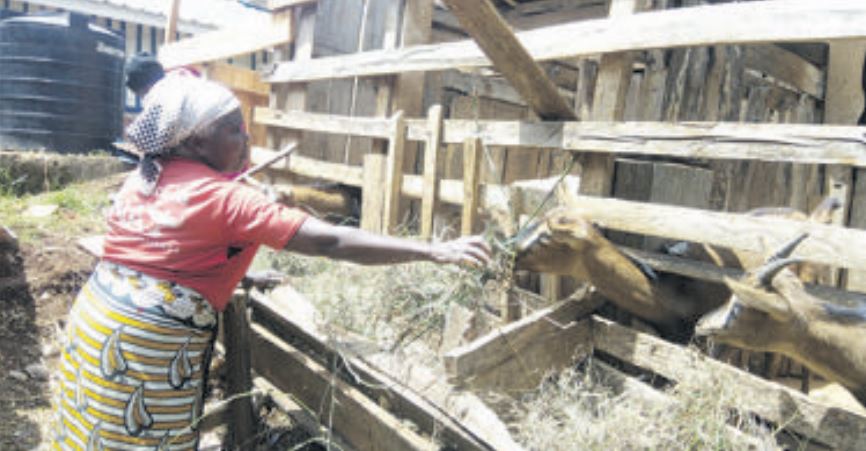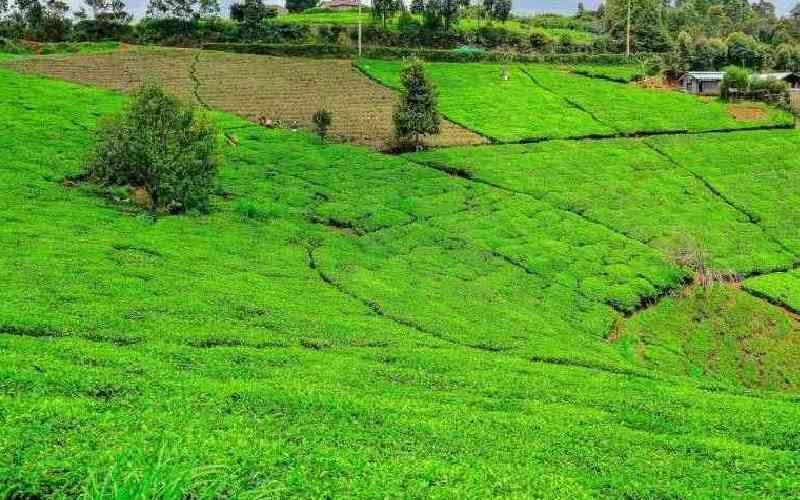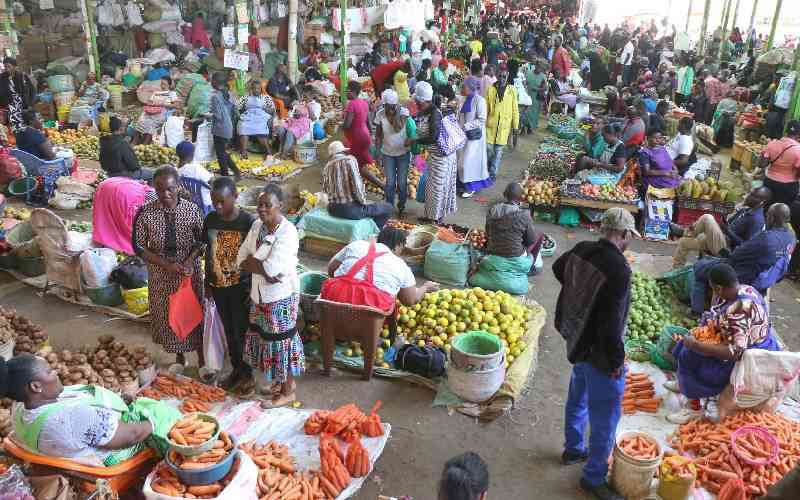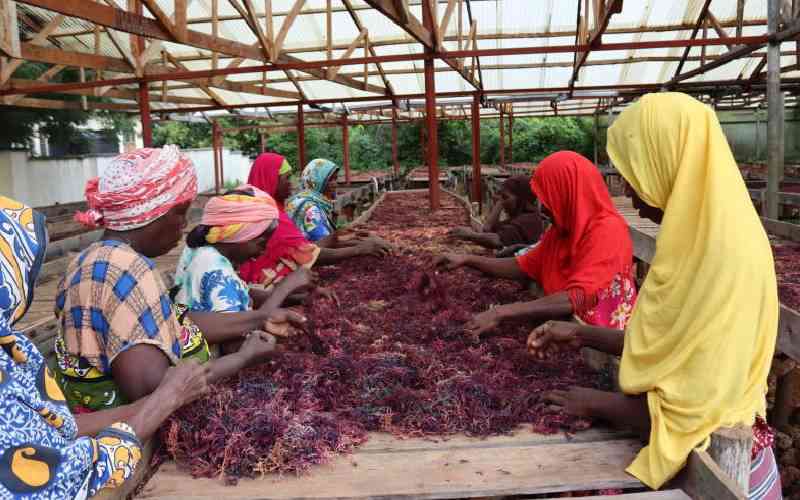×
The Standard e-Paper
Kenya’s Boldest Voice

Ten years ago, 71-year-old Nicerata Kaguna Njue received Sh4,000 from a local women group where she is a member to date.
Of the total amount, she used Sh3,500 to buy a mature she-goat of a local breed and used the other Sh500 on labour during construction of a simple goat-shed at her home place.







